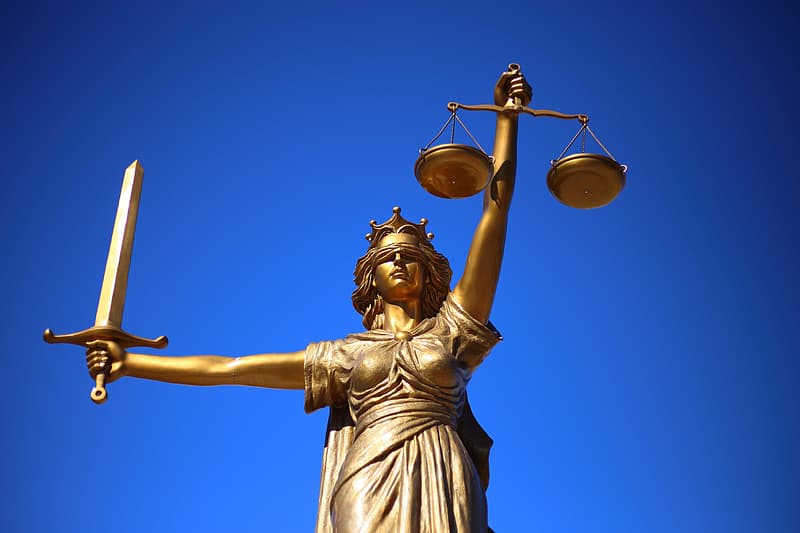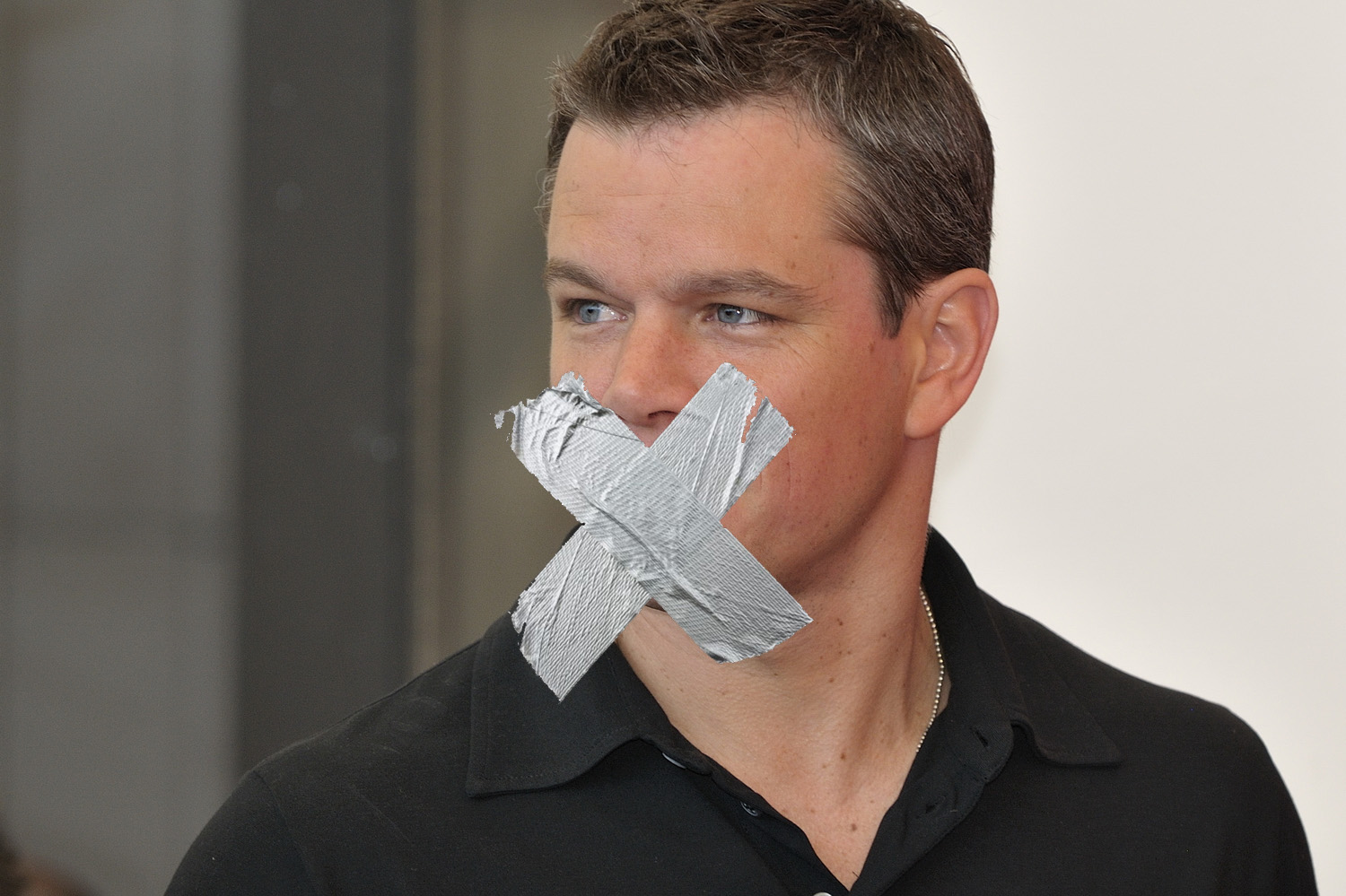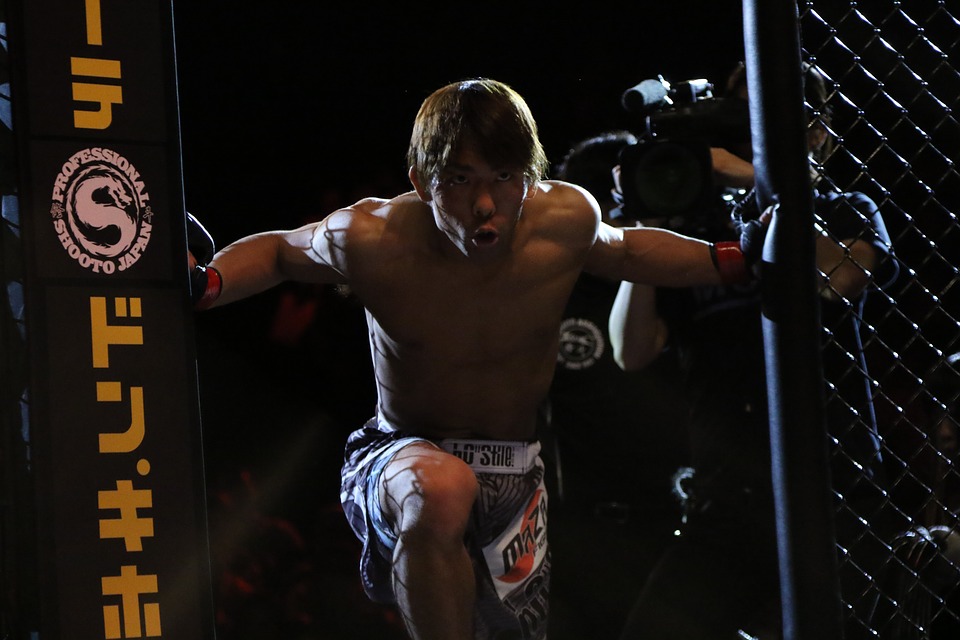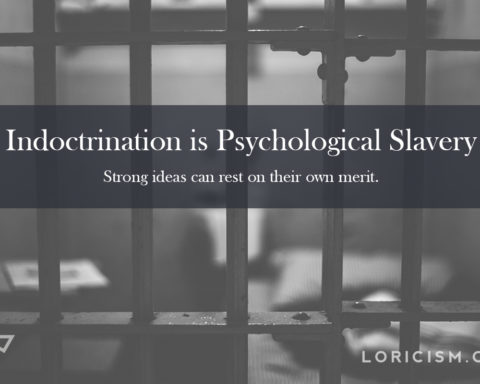The highest responsibility of any form of government is that of the application of justice. As government’s sole purpose for existing ought to be as a representative institution toward the people it governs, it is the duty of any government to act with due regard to all its constituents, and to, wherever possible, favor no subgroup over another. This is true justice, as we will soon see, and this is why justice matters. Whether you are a proponent of bigger government or small, this principle applies across all domains. The principle of justice extends to all manners of deliberation with regards to politics, ethics, etc. It will become evident, after reviewing the essence of justice, that any decision made without having first considered its justness carries the risk of being unjust; any decision made without taking justice into consideration can only be just by accident and not by design.
Once an unjust decision is made or an unjust act is carried out, the next logical step is to simply evaluate who benefits. Should one group benefit over another, it is by definition unjust. Repair the disparity and the society will once more return to a balance. It will then be a more just society. It is commonly heard in the United States, as conveyed in the Pledge of Allegiance, with liberty and justice for all. I will cover liberty in future posts (such as this one), but concerning the matter of justice, it is my opinion that any pledge of allegiance tends to resonate with a jingoist frequency. Thus, it follows then that any person who considers themselves patriotic must advocate for both liberty and justice (in this specific instance), or surrender the title of patriot in exchange for hypocrite, as one cannot supply allegiance to any institution without also supplying it for that institution’s stated values.
At his best, man is the noblest of all animals; separated from law and justice he is the worst. – Aristotle
Justice Does Not Equate to Punishment
At this point I shall flesh out the meaning and definition of justice, otherwise we are at risk of disagreement brought about by assumption, which is never conducive to healthy discourse. First, though, allow me to demonstrate what justice is not. There is a disturbing preponderance of people who think justice is synonymous with punishment. Justice is not punishment. Punishment is but a characteristic of justice, yet, as I will illustrate, not all punishment is just. Justice also consists of exculpation of the innocent, the redress of those who have been wronged, etc. But it is not limited to the domain of crime and punishment.
Justice applies to everything, as I said before. (Two primary categories of justice are social and procedural, but if we agree on the definition, it clearly extends beyond these.)
The word justice is derived from the Latin iustitia, which means “righteousness” and “equity.” Equity, in turn, means “fair” or “just.” The word brings us full circle back to the Latin word iustus, which means “upright” or “just.”
Hence, justice is not supposed to delineate punishment, but fair treatment. If the administering of punishment is the right and proper response in proportion to the transgression, then and only then can it be considered justice. Notice how it does not say to whom the fair treatment is intended, as that is self-evident. Fair treatment cannot be given in favor of one side or the other. It is impossible. It would no longer be fair treatment. Thus, fair treatment can only be dispensed to everyone. Any deviation from this renders the act or decision unfair by nature, and thus, unjust. True justice, then, must be applied to all peoples. This is why justice matters, why it is imperative for a progressive, fair society.
Refer to Symbolism
This idea of justice is reinforced through the use of classic symbolism. Justice is often represented by a blindfolded woman (often referred to as Lady Justice) holding a sword and a scale (the personification of the Roman goddess of Justice; the Greek equivalent being the goddess Themis). The scale indicates balance, temperance. The weighing of evidence and facts in order to come to a fair and rational decision. The blindfold represents objectivity, or the idea that justice should be distributed without bias. Impartiality. Without regard to whom it is being dispensed. The double-edged sword symbolizes how reason and justice may be wielded in support or opposition for anyone. I find this depiction of justice to be wholly apt, and a solid reminder of how justice should operate.
The purpose of a justice system is to maintain balance and order, to “vindicate right by assigning reward or punishment.” Other definitions of “doing justice” were to “render fully and fairly showing due appreciation.” Justice, then, is not synonymous with punishment, but equity. Fairness. The arbitration of who gets what in the instance of injury or disagreement.
Justice is also one of the four Cardinal Virtues in classical antiquity (Plato discusses them in The Republic; justice as a virtue was also mentioned by Aristotle and Cicero;) and ancient Christian tradition. Justice, considered fairness, was considered the most important of the virtues (along with Prudence, Temperance, and Fortitude).
And if a man love righteousness her labours are virtues: for she teacheth temperance and prudence, justice and fortitude: which are such things, as men can have nothing more profitable in their life. – Wisdom of Solomon 8:7, King James Bible
When we remember the true meaning of justice, and strive to take justice into account in all deliberations and actions, we contribute towards maintaining a balanced society. Taking into account what is fair, we can then surmise that any decision that favors one ideology or dogma over another, one individual over another, one group over another, nullifies its justness. That so many previous sources considered justice a virtue is a testament to their timeless wisdom; it is from this spirit that I call for greater justice. An unjust society is a vile one; a government that eschews justice, fairness, equity, is corrupt. It naturally favors one group or class over another. Any society that does not place a premium on equality is unjust. As Jefferson wrote in the American Declaration of Independence, all men are created equal. Justice must extend to all people, regardless of political or religious affiliation, economic status, race, gender, or sexual orientation. Otherwise there is no justice.
Justice is Fairness and Equality
Justice is equality. Justice, being fair and balanced, blind, can have no agenda. It is objective and without bias. It is free to all, and there can never be enough of it. It is a government’s highest responsibility to apply justice in all decisions and actions. It is a government’s responsibility – especially an elected one – to represent its people. All of the people. Equally and fairly.
As mentioned previously, not all punishment is just. For example, a disproportionate response to a perceived transgression is an unjust one. Answering injustice with greater injustice does not make society better. The purpose of justice is not to supply retribution to appease the whims of the populace. Nor is it to absolve those deserving of punishment of their crimes to appease the whims of the populace. It is to render fair judgement to all citizens, regardless of the situation. This is especially relevant in today’s society. It cannot be only the domain of the government to practice the application of justice; it is the duty of every citizen. Treat each other fairly. Do not meet injustice with more injustice. Only then can society achieve its true potential.
Remember this always. There can never be too much justice.









